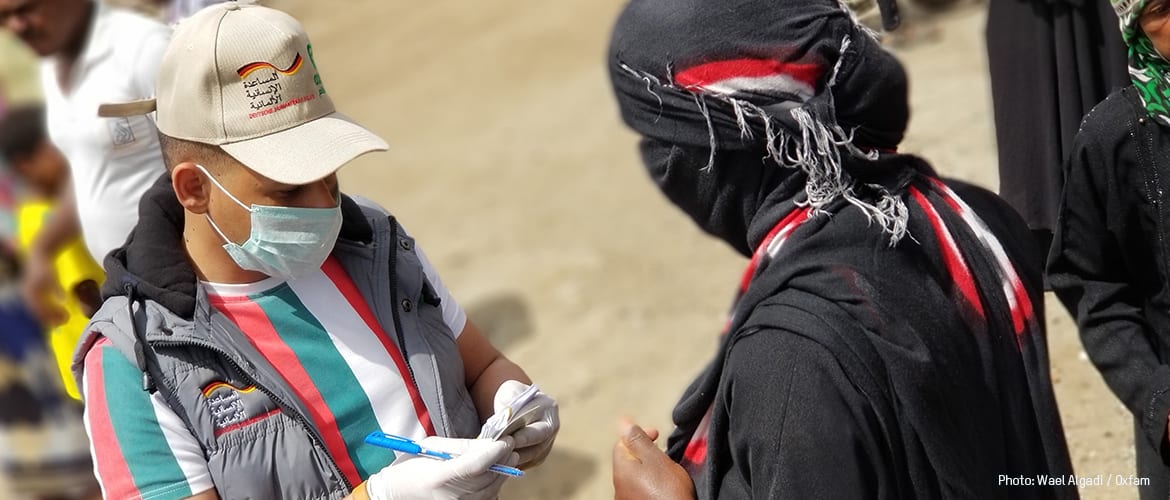Reaction to President Trump hold on WHO funding
In reaction to reports that President Trump is seeking to withhold funding to the World Health Organization, Abby Maxman, President and CEO of Oxfam America, made the following comment:
“Picking a fight with the World Health Organization during a pandemic is shortsighted to say the least. Instead of bringing us together through this global crisis, President Trump has attacked leaders and agencies around the world, seeking to deflect blame for his own administration’s failings.
“With this latest move to hold back funding from the WHO, President Trump is crippling any hopes for the responsible international cooperation and solidarity that is critical to save lives and restore the global economy.
“Withholding funding and blame-shifting means wasted time and needless death, misery, and poverty. And it gets the US and the world no closer to an end to this disaster.
“As we at Oxfam scale up efforts to respond to the crisis in more than 50 countries around the world, we see firsthand that strong coordination and funding is vital to save lives on the ground.
“No one individual, community, or country can deal with this crisis alone. We must work together, in our communities and across borders, with dignity and compassion. No one is safe until everyone is safe. President Trump must immediately reverse course and act like the global leader the world expects.”







